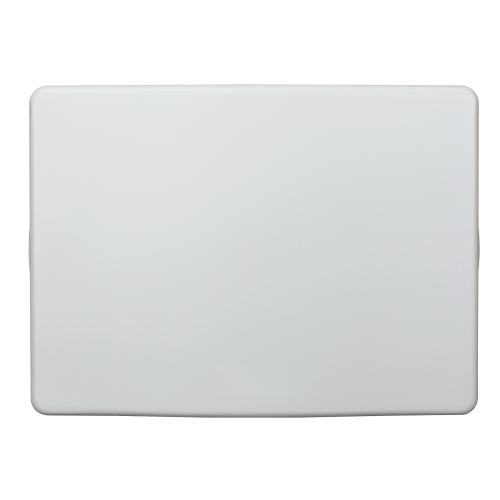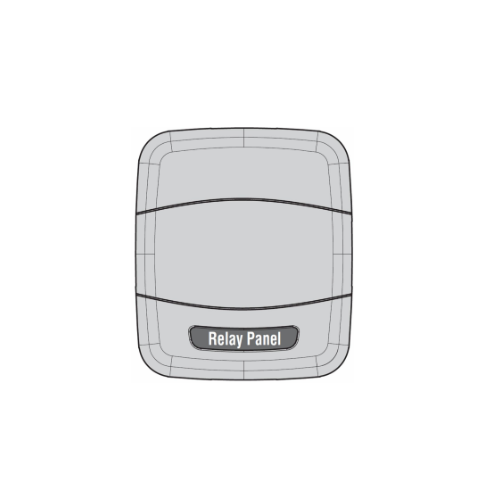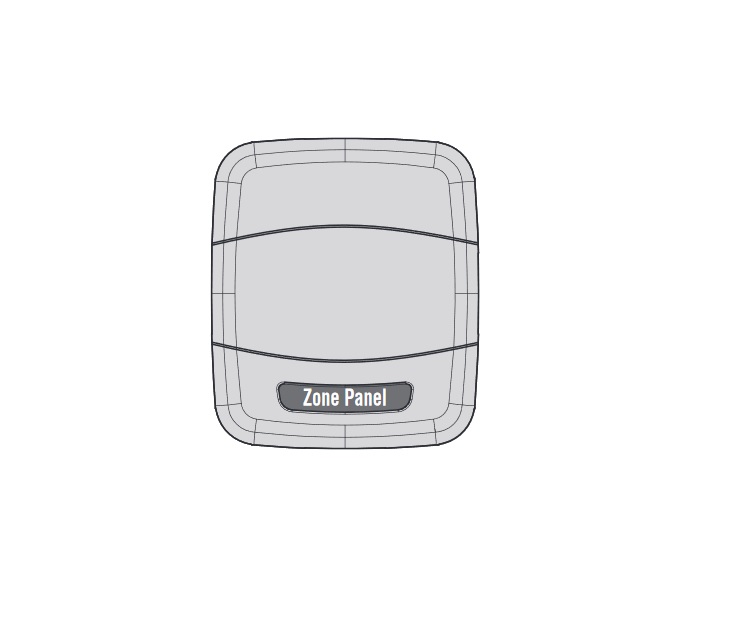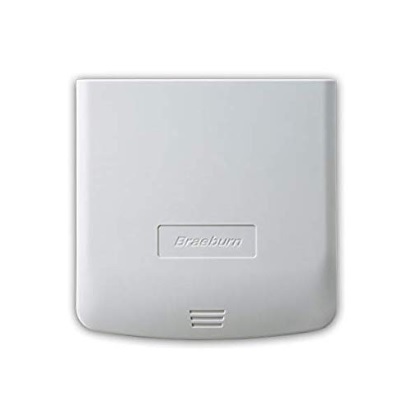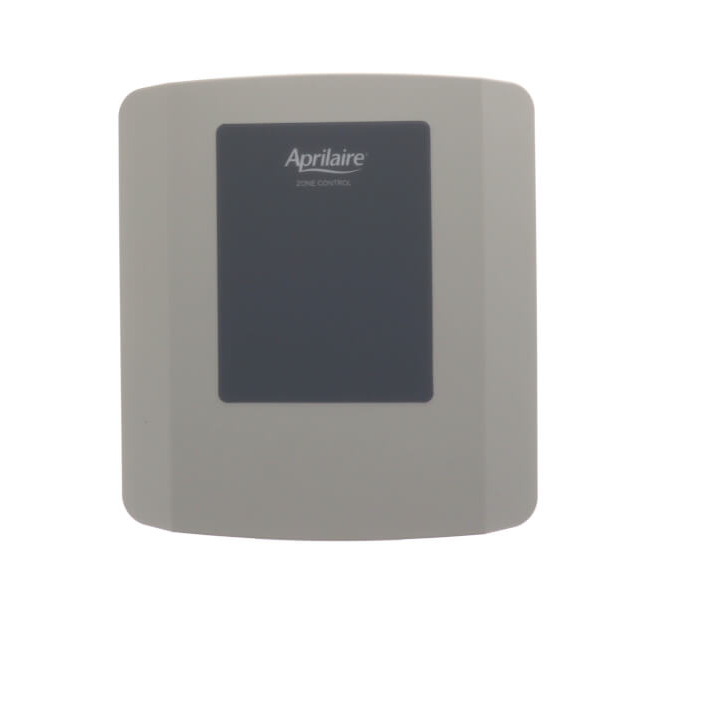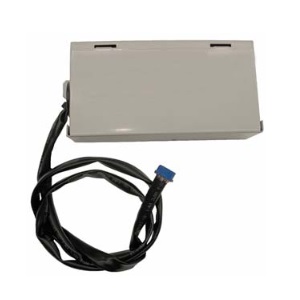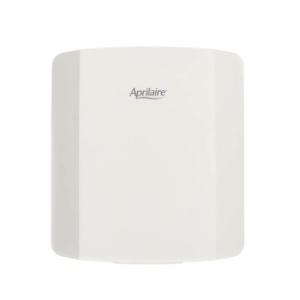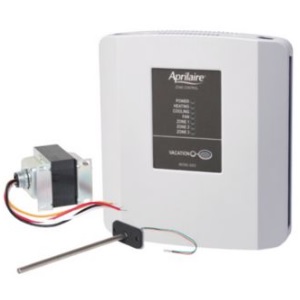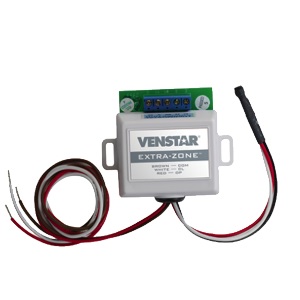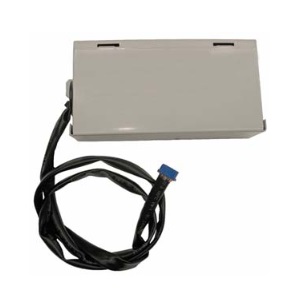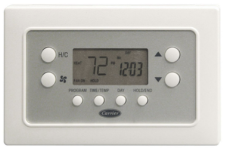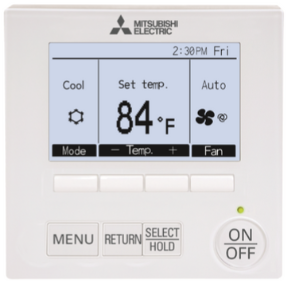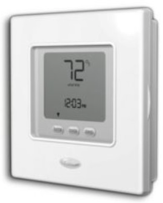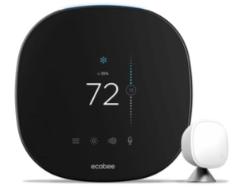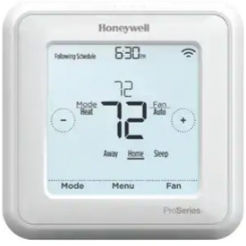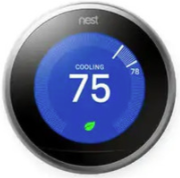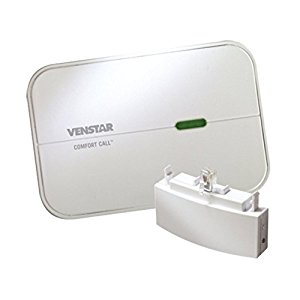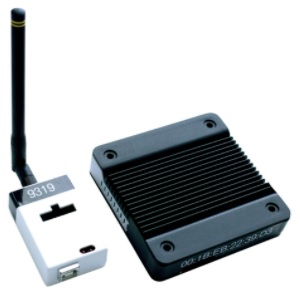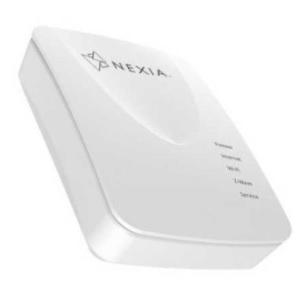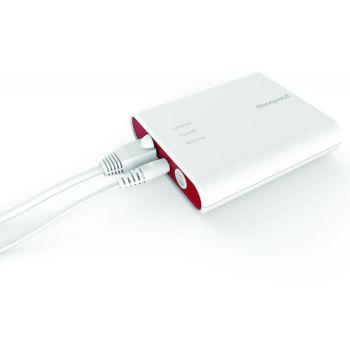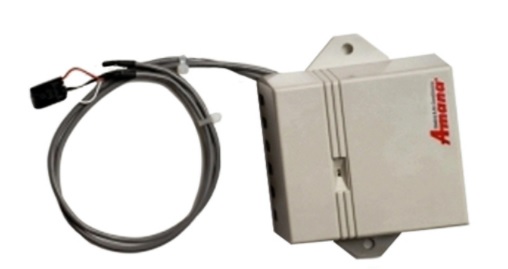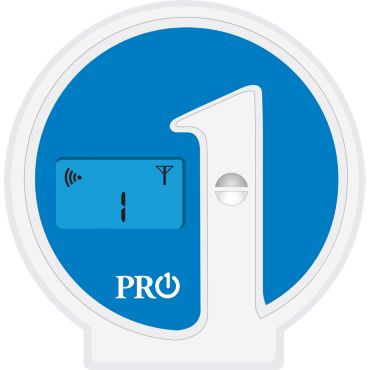JM-Sample
HVAC systems are crucial components of hospitals as they play a significant role in ensuring a safe and healthy environment for patients, staff, and visitors. Maintaining proper temperature and humidity will always help control the spread of airborne diseases within health facilities.
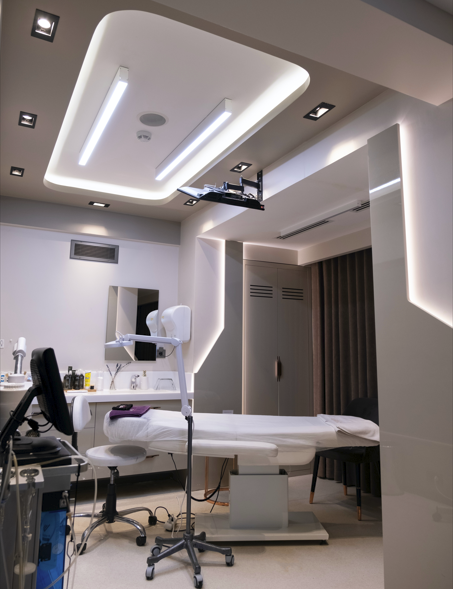
HVAC Systems for Healthcare
Here are some interesting areas of attention for HVAC systems in hospitals:
- Indoor Air Quality (IAQ) - Maintaining good IAQ is critical in hospitals as it can impact patient outcomes and staff productivity. HVAC systems need to ensure proper ventilation, filtration, and humidity control to prevent the spread of airborne infections and other contaminants.
- Airflow Management - Proper airflow management is essential to prevent cross-contamination between different areas of the hospital. HVAC systems must ensure that air flows from clean to contaminated areas and maintain negative pressure in isolation rooms to prevent the spread of infectious diseases.
- Energy Efficiency - Hospitals consume a significant amount of energy, and HVAC systems account for a large portion of that energy use. Implementing energy-efficient HVAC systems and controls can reduce energy consumption and operating costs without compromising indoor air quality.
- Noise Reduction - Hospitals can be noisy environments, and excessive noise can increase stress and disrupt patient recovery. HVAC systems must be designed to operate quietly and be located away from patient rooms and critical care areas.
- Infection Control - Hospitals are high-risk environments for infections, and HVAC systems play a critical role in preventing their spread. HVAC systems need to incorporate features such as UV lights, antimicrobial coatings, and advanced filtration systems to reduce the risk of infections and ensure the safety of patients and staff.
- Maintenance and Serviceability - Hospital HVAC systems must be designed for easy maintenance and serviceability to minimize downtime and disruptions to patient care. Regular maintenance and cleaning of HVAC systems are critical to ensure their proper operation and prevent the buildup of contaminants.
6 Best Thermostats for Hospitals/ Healthcare Facilities:
Selecting the best thermostat for a hospital depends on various factors, such as the HVAC system's complexity, the hospital's size, and the desired features. Here are some of the best thermostats for hospitals:
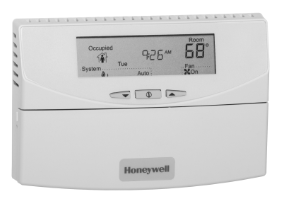
This is a programmable thermostat that is designed for commercial HVAC applications, including hospitals. It offers remote monitoring and control, can handle multiple zones, and has advanced scheduling features that can save energy while maintaining optimal comfort.
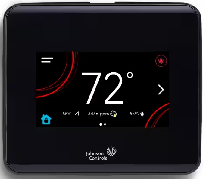
This smart thermostat is designed for commercial HVAC systems, including hospitals. It offers remote monitoring and control, advanced scheduling features, and can handle multiple zones. Includes several powerful new ventilation features that allow building operators to confidently safeguard their buildings’ occupants, by configuring air changes that help reduce the concentration of airborne infectious particles. It also offers advanced diagnostic tools that can help identify issues before they become problems.
3. Siemens RDS120 Series
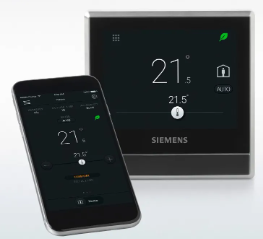
This is a digital thermostat that is designed for commercial HVAC systems, including hospitals. The RDS120 smart thermostat takes just a few minutes to commission and can be controlled via a mobile phone app. It offers remote monitoring and control, advanced scheduling features, and can handle multiple zones. It also offers customizable alerts and alarms to help identify issues and prevent downtime.
4. Venstar T8900 Commercial WiFi Thermostat
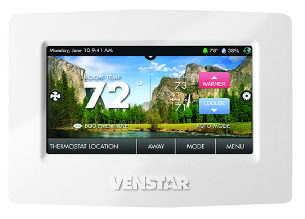
It offers 365-day holiday/vacation scheduling with up to 4 Heat and 2 Cool stages for gas, electric, or heat pump (dual fuel capable). It cnnects to the Wi-Fi router making it accessible from any PC or using the free Venstar smartphone apps: iOS, Android, and Blackberry OS10.
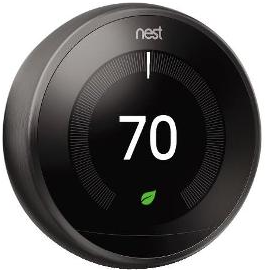
This is a smart thermostat that is designed for residential applications, but it can also be used in smaller hospitals. It offers remote monitoring and control, and advanced scheduling features, and can learn from user behavior to optimize comfort and energy savings. Connects to Wi-Fi to control the temperature from phone, tablet or laptop. No hub needed
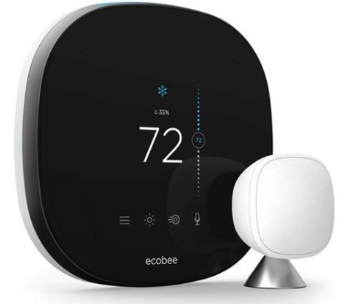
This smart thermostat is designed for residential and commercial applications, including hospitals. It offers remote monitoring and control, advanced scheduling features, and can handle multiple zones. It also provides advanced occupancy detection, which can save energy when rooms are unoccupied.
Table Comparing Specifications:
|
Thermostat
|
Remote Control |
Multiple Zones |
Advanced Scheduling |
Smart Features |
Energy Efficiency |
Diagnostic Tools |
Occupancy Detection |
|---|---|---|---|---|---|---|---|
|
|
Yes |
Yes |
Yes |
No |
Yes |
No |
No |
|
|
Yes |
Yes |
Yes |
Yes |
Yes |
Yes |
No |
|
|
Yes |
Yes |
Yes |
No |
Yes |
Yes |
No |
|
|
Yes | Yes | Yes | Yes | Yes | Yes | Yes |
|
|
Yes |
No |
Yes |
Yes |
Yes |
No |
Yes |
|
|
Yes |
Yes |
Yes |
Yes |
Yes |
No |
Yes |
Reach out to our HVAC specialists for all your HVAC related consultations here. Alternatively browse through our well updated catalog of products and find a part for your next installation.
HOTEL INDUSTRY HVAC SYSTEMS
In the hotel industry, guest comfort is so important that guest rooms should have individual climate control offering heating and cooling on demand, low sound levels, and good indoor air quality. To lower energy costs, Hotels tend to optimize the HVAC systems installed.
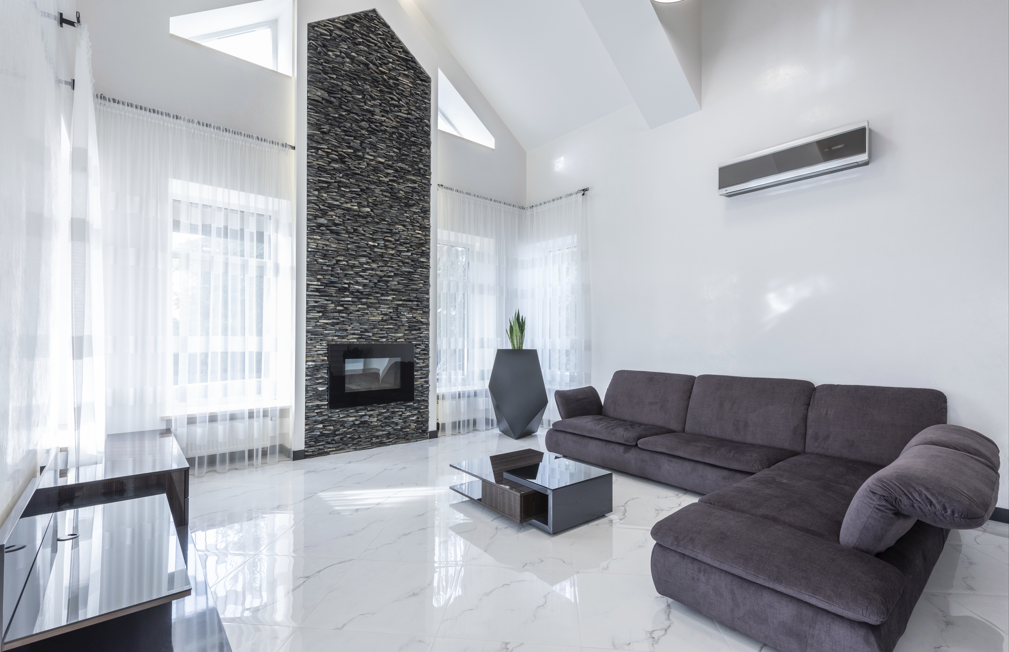
Hotels are focused on air conditioning solutions that offer flexibility, sustainable growth/health, and well-being. Hotels can reduce energy costs, simplify maintenance, and meet sustainability goals with greater automation and efficiency through selected air conditioning systems and controls. Hotels are increasingly interested in using occupancy-based control (OBC) systems to reduce the energy used by unoccupied guest rooms.
We offer you an extended range of HVAC products and solutions for the hotel industry. For a new build or a refurb project, the HVAC solutions we offer for hotels help reduce energy costs, simplify maintenance, and meet sustainability goals with greater automation and efficiency. Our focus is on indoor comfort with accurate temperature control and reliable supply, and Innovative products and HVAC controls enabling smart IoT solutions.
HEALTHCARE HVAC SYSTEMS
Healthcare facilities' HVAC systems provide occupants with fresh air, reduce carbon dioxide levels, and sets the temperature and humidity at comfortable levels. Healthcare facilities rely on HVAC systems for precise temperature and humidity control, individual airflow control for patients, all spaces clean air, and energy management and monitoring through the central control system.
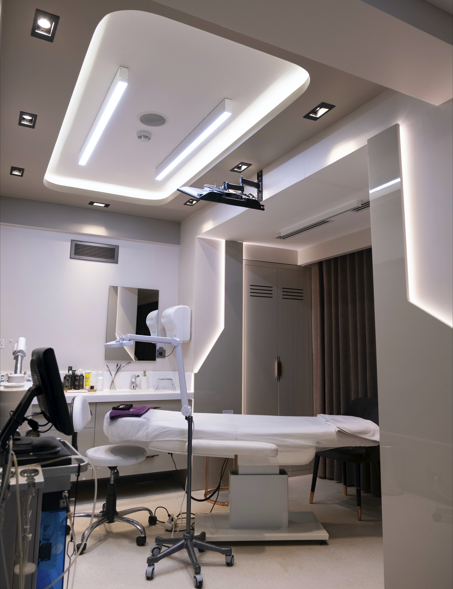
EDUCATIONAL FACILITIES
Contact us for HVAC control system design and products for educational institutions. Our HVAC specialists will guide you through HVAC systems design solutions centered around efficiency and suitability.
Are you working on an HVAC project for the hospitality sector? Get our experts’ support here.
Zone Panels
A zoning panel is an auxiliary part that improves the efficiency of HVAC systems. For enhanced performance, the home is divided into customized temperature zones whose heating and cooling conditions are controlled independently ensuring comfort as well as cutting down on energy consumption costs.
In most homes, a single thermostat is used to control the entire heating and cooling system in the home. All adjustments to the air conditioner impact the temperature conditions in the whole home.
Practically, the thermostat settings are adjusted to ensure the comfort of occupancy in a specific area and not the entire home. With one system in control, energy will also be dissipated to the other regions of the home where this change is not needed.
Zoning systems deploy dampers and zoning panels within the ducts to adjust and redirect air to the zones where heating or cooling is needed without affecting the rest of the home. Each zone has a thermostat that communicates with the zoning system.
Zoning System Setup

Relay Panel
A relay panel is a low-voltage panel that enables the thermostats to operate with 12/24 VAC HVAC equipment. It controls the operation of heating, cooling, heat pump, dual fuel systems, and other auxiliary systems.
Relay panel component overview
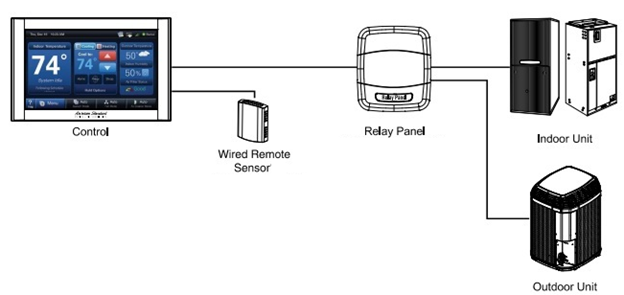

Contact our HVAC specialists for help in the selection of Relay and Zone Panels ideal for your existing heating and cooling systems.
See the below table for some of the HVAC Relay and Zone Panels:
| Compare HVAC RELAY & ZONE PANELS Specs | ||
| Item | Key Specifications | Available at these Online Market Places |
|
Heil SYST0101ZP |
Compatible Brands: For Heil Input Voltage: 24 VAC Number of Zones: 4 |
|
|
Trane BAY24VRPAC52DC |
Compatible Brands: For Trane Input Voltage: 24 VAC |
|
|
Trane ZZONEEXPAC52ZB |
Compatible Brands: For Trane Input Voltage: 24 VAC Number of Zones: 8 |
|
|
Braeburn 140303 |
Compatible Brands: For Braeburn Input Voltage: 24 VAC Number of Zones: 3 |
|
|
Trane BAY24VRPAC52DCA |
Compatible Brands: For Trane Input Voltage: 24 VDC |
|
|
Aprilaire 6303 |
Compatible Brands: For Aprilaire Input Voltage: 24 VAC Number of Zones: 3 |
|
|
LG PRARH1 |
Compatible Brands: For LG Input Voltage: 12 VDC |
|
|
Trane ZZONEPNLAC52ZB |
Compatible Brands: For Trane Input Voltage: 24 VDC |
|
|
Aprilaire 6302 |
Compatible Brands: For Aprilaire Input Voltage: 24 VAC Number of Zones: 2 |
|
|
Aprilaire 6203K (MPN: 6302K) |
Compatible Brands: For Aprilaire Input Voltage: 24 VAC Number of Zones: 3 |
|
|
Venstar ACC0450 |
Compatible Brands: For Venstar Input Voltage: 24 VAC Number of Zones: 4 |
|
|
Aprilaire 6202 |
Compatible Brands: For Aprilaire Input Voltage: 24 VAC Number of Zones: 2 |
|
|
LG PRARS1 |
Compatible Brands: For LG Input Voltage: 12 VDC |
|
|
LG PRARH0 |
Compatible Brands: For LG Input Voltage: 12 VDC |
|
HOTEL INDUSTRY HVAC SYSTEMS
In the hotel industry, guest comfort is so important that guest rooms should have individual climate control offering heating and cooling on demand, low sound levels, and good indoor air quality. To lower energy costs, Hotels tend to optimize the HVAC systems installed.

Hotels are focused on air conditioning solutions that offer flexibility, sustainable growth/health, and well-being. Hotels can reduce energy costs, simplify maintenance, and meet sustainability goals with greater automation and efficiency through selected air conditioning systems and controls. Hotels are increasingly interested in using occupancy-based control (OBC) systems to reduce the energy used by unoccupied guest rooms.
We offer you an extended range of HVAC products and solutions for the hotel industry. For a new build or a refurb project, the HVAC solutions we offer for hotels help reduce energy costs, simplify maintenance, and meet sustainability goals with greater automation and efficiency. Our focus is on indoor comfort with accurate temperature control and reliable supply, and Innovative products and HVAC controls enabling smart IoT solutions.
Types of HVAC Systems Used by Hotels
• Packaged Terminal Air Conditioners (PTACs)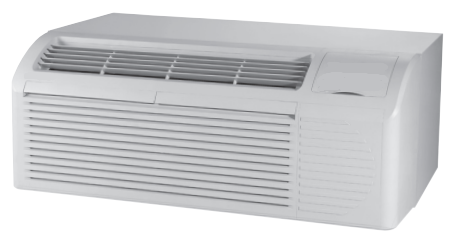
Packaged Terminal Air Conditioners (PTACs) are typically self-contained air Conditioners (ACs) for individual rooms. The PTAC is typically installed below a window, unit on the exterior wall. For cooling, air passes over the coil which attracts and exhausts heat plus humidity via the external grille. For heating, the heat pump reverses the cooling cycle, the refrigerant heats the coil which heats the room when air passes over.
Features:
Cheaper that the other options for multi-room operation
Low noise
Easy to operate
• Vertical Terminal Air Conditioners (VTACs)
Vertical Terminal Air Conditioner (VTAC) is a compact through-the-wall packaged system providing heating and cooling functions for single or multiple guestrooms. The unit is typically installed in the corner of a room in a closet-like enclosure where the air is discharged through the top of the unit into one or several rooms. For cooling, air passes over the coil which attracts and exhausts heat plus humidity via the external grille. For heating, the heat pump reverses the cooling cycle, the refrigerant heats the coil which heats the room when air passes over. Typically, cannot provide dehumidified fresh air to space. The fresh air comes from a dedicated outdoor air system (DOAS) or outside/dehumidified air directly ducted to the guestroom.
Features:
Low noise levels
Versatile as it can be used in both multiple and single-zone operations
Expensive because separate components are needed for each indoor unit
• Variable Refrigerant Flow (VRF) units
VRF systems use a single outdoor condensing unit that connects to multiple guest rooms. Outdoor condensing units can be installed outside at grade or on the roof. The fan coil is placed at the guestroom entry foyers or bathrooms. For cooling, the VRF condenser pumps cold refrigerant to each fan coil which cools the air passing over it. For, heating, the VRF condenser reverses the cooling cycle, and hot refrigerant is pumped to each fan coil heating the air passing over it, therefore, heating the room. The fresh air comes from a separated dedicated outdoor air system (DOAS) or outside/dehumidified air directly ducted to the guestroom.
Features:
Low noise levels
High energy efficiency
• Through-The-Wall Air Conditioners (TTWs)
This is a common minimalist system installed through the wall. It includes a powerful fan.
Features:
Remote control feature available
Programmable thus saving on energy bills
Has an adjustable louver to guide air to a designated location
Importance of climate control in Hotels
• Customer comfort
• Staff performance
• Hygiene and safety
HVAC Control Solutions for the Hotel Industry
Controlling hotel rooms based on occupancy saves significant amounts of energy providing you can limit each room's HVAC to running only when guests are present. With the help of our HVAC control specialists, you can use a range of controllers and sensors to ensure your guest’s experience is as pleasant while saving on energy.
Choosing the right HVAC system for a comfortable hotel
HVAC systems are a hugely important component within hotels that contribute to customers’ comfort expectations. HVAC compatibility helps you in selecting the right HVAC system or a suitable comfort control system whether for a new build or a refurb project.
Besides excellent services, room temperature and indoor air quality are critical factors in Hospitality Industry for guest satisfaction.
What are the Key Factors to Consider?
Low Noise Levels
Hotel Guests expect to enjoy noise-free quality sleep. Disruptions because of running HVAC systems may lead to business losses from negative reviews and ratings.
Economical and Simple Installation and Maintenance
No one would like to break the bank to get HVAC units when there are cheaper options that can still get the work done. For example, a hotel owner may prefer PTACs which unlike other types of air conditioning need no ductwork. Using wall sleeves, they are placed directly through the wall.
Any issues with HVAC systems in the hotel should be resolved right away so that guests and staff are comfortable. The maintenance team needs the expertise to do high-quality maintenance while ensuring safety.
Energy-Efficient Operation
It is important to confirm the energy ratings of the units to help analyze total operation costs before purchase. Energy-efficient heat pumps and AC provide room heating which is economical. New innovative heat recovery technologies optimize energy by offering free heating and/or hot water from dry contact.
Simplicity of Operation
Guests need to have a good time without the pressure of finding it hard to learn and operate HVAC systems thus user-friendliness is a big deal.
Accurate Temperature Control
A guest may not consider a facility where they must fiddle with controls all night to enjoy their comfort.
There are HVAC systems that allow you to have a portable remote controller or remote thermostat close to the bed. This is vital for precise reading of the room temperatures so that guests can stay comfortable.
Ability to Offer Targeted Temperature Control
A highly targeted technique of heating and cooling several units within a single hotel building is provided by air conditioners with electric heat units, either resistive electric heat or a heat pump. This results in significant monthly energy cost savings for hotel operators.
Selecting Best Hotel Thermostats
Hotel occupants need to feel comfortable and have an effortless experience when operating thermostats in their rooms.
There are several factors that determine the thermostat that will be installed in a hotel room. This is necessary to keep in mind the random occupancy patterns.
Ease of operation- The thermostat should have clear operation instructions of use so that they do not waste time fiddling with settings.
Easy setup- Best thermostat should be easy to install without needing lots of cabling and technical guidance thus cutting down on costs.
Scheduling- They need to allow the creation of schedules to match the guest's heating and cooling needs.
Intuitive in design- The thermostat should be simple to grasp and use. The majority of modern thermostats have touchscreens that make it simple to adjust.
Energy-saving operation- When selecting thermostats, one needs to consider those with energy-saving features which in the long run will cut energy consumption.
Remote access and management- This is needed for access to real-time and historical information about the HVAC system running in the hotel room in order to identify what needs special attention.
Diagnostic Alerts- Smart thermostats should be able to detect malfunction or inefficiency and provide alerts that can prevent breakdown.
Top Hotel Thermostats
Honeywell Inncom E7w Wireless Thermostat
Honeywell Inncom E7w thermostat is a digital wireless programmable thermostat that provides comfort and control reducing HVAC energy costs. It can be paired with wireless door/window, indoor temperature, outside temperature, and humidity sensors.
Carrier TB-PAC01-A Programmable Thermostat
The TB-PAC01-A RNC Series dual-powered thermostat is a perfect fit for hotel applications. It offers a user-friendly 5/2 day programmable schedule and a large backlit display for easy guest interaction.
Mitsubishi PAR-40MAAU Deluxe MA Wired Controller
PAR-40MAAU offers a user-friendly experience with its large backlit screen, intuitive menus, multi-language display, and convenient of weekly timer functions. It's a smart, simple and durable option for enhancing the control and comfort of your hotel's HVAC systems.
Verdant occupancy thermostat (Verdant VX Series thermostat)
Verdant VX is a simple, modern, easy-to-install thermostat that is ideal for hotel rooms while saving on energy costs. It can be paired with remote occupancy and temperature sensors.
Carrier Comfort TC-PAC01-A Programmable Touch-N-Go Thermostat
Carrier Comfort TC-PAC01-A thermostat combines both style and practicality offering energy-saving programming features. The thermostat's user-friendly interface, easy-to-read display, and the convenience of both weekday and weekend programming make it an attractive addition to hotel rooms, ensuring guest comfort while saving energy.
SpaceLogic Thermostats- TH900
SpaceLogic TH900 is an easy-to-use touchscreen thermostat ideal for PTACs and optimized for hotel and residential buildings.
Honeywell Home T10 WiFi Smart Thermostat
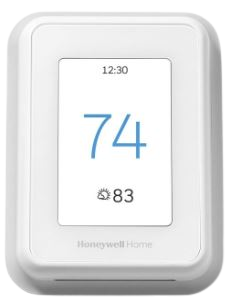
Honeywell T10 is a simple stylish smart thermostat that allows hotel users to set schedules and ensure temperature adjustments making the room stay cozy.
Ecobee 5 EB-STATE5BR-01 Smart Pro Thermostat
Ecobee 5 EB-STATE5BR-01 is a sophisticated Wi-Fi-enabled thermostat designed for hotel applications. Among the features developed for this thermostat include occupancy detection which automatically enables the correct mode on your Ecobee5 for energy savings when it senses no one is hotel room. It also has built-in Alexa Voice Service.
Honeywell TH6320ZW2003 Programmable Thermostat
TH6320ZW2003 is a Z-Wave Plus-certified thermostat that can be easily controlled through any Z-Wave compliant controller equipped with thermostat device control capabilities. This enhances the guest/occupant experience.
Nest T3007ES Learning Thermostat
Nest T3007ES is a versatile smart Wi-Fi thermostat for hotel HVAC installations given it's compatible with 95% of 24V heating and cooling systems.
Breeze BC507-W-WIFI Thermostat
This is a high-end colorful touchscreen thermostat for use with boilers, underfloor water systems, and valves ideal for hotels and luxury residential buildings. It is easy to install and use with up to 35% energy saving.
Are you working on an HVAC project for the hospitality sector? Get our experts’ support here.
HVAC gateways create a bridge between different network communication protocols working with multiple wired and wireless standards. This can be integrated with other compatible systems within the home such as locks, lights, and thermostats for building automation.
The integrated home system can be accessed from anywhere using your internet-enabled smartphone, tablet, or computer on the user portal. The home router and broadband internet connection can be used to establish a connection.
Some manufacturers have a remote access fee needed for each unit when connecting to the wireless management system.
Contact our HVAC specialists for help in assessing your home for recommendations on the best gateway for integrated access to fit your needs.
See the table below for HVAC Gateways meeting specific requirements:
| Compare HVAC Gateways Specs | ||
| Item | Key Specifications | Available at these Online Market Places |
|
Venstar ACC0433 |
Compatible Brands: For Venstar Connectivity: Wireless |
|
|
Friedrich EMOCT |
Compatible Brands: For Friedrich Connectivity: Wireless, Ethernet |
|
|
Kasda BR200 |
Compatible Brands: For American Standard, For Trane Connectivity: Wireless (Wi-Fi) Frequency: 2.4 GHz, 900 MHz (ISM) |
|
|
Honeywell THM6000R7001 |
Compatible Brands: For Honeywell, For Mitsubishi Electric Frequency: 900 MHz (ISM) |
|
|
Amana DT01G |
Compatible Brands: For Amana Connectivity: Wi-Fi Frequency: 2.4 GHz |
|
|
Pro1 W150W |
Compatible Brands: For Pro1 Connectivity: Wireless Frequency: 900 MHz |
|


